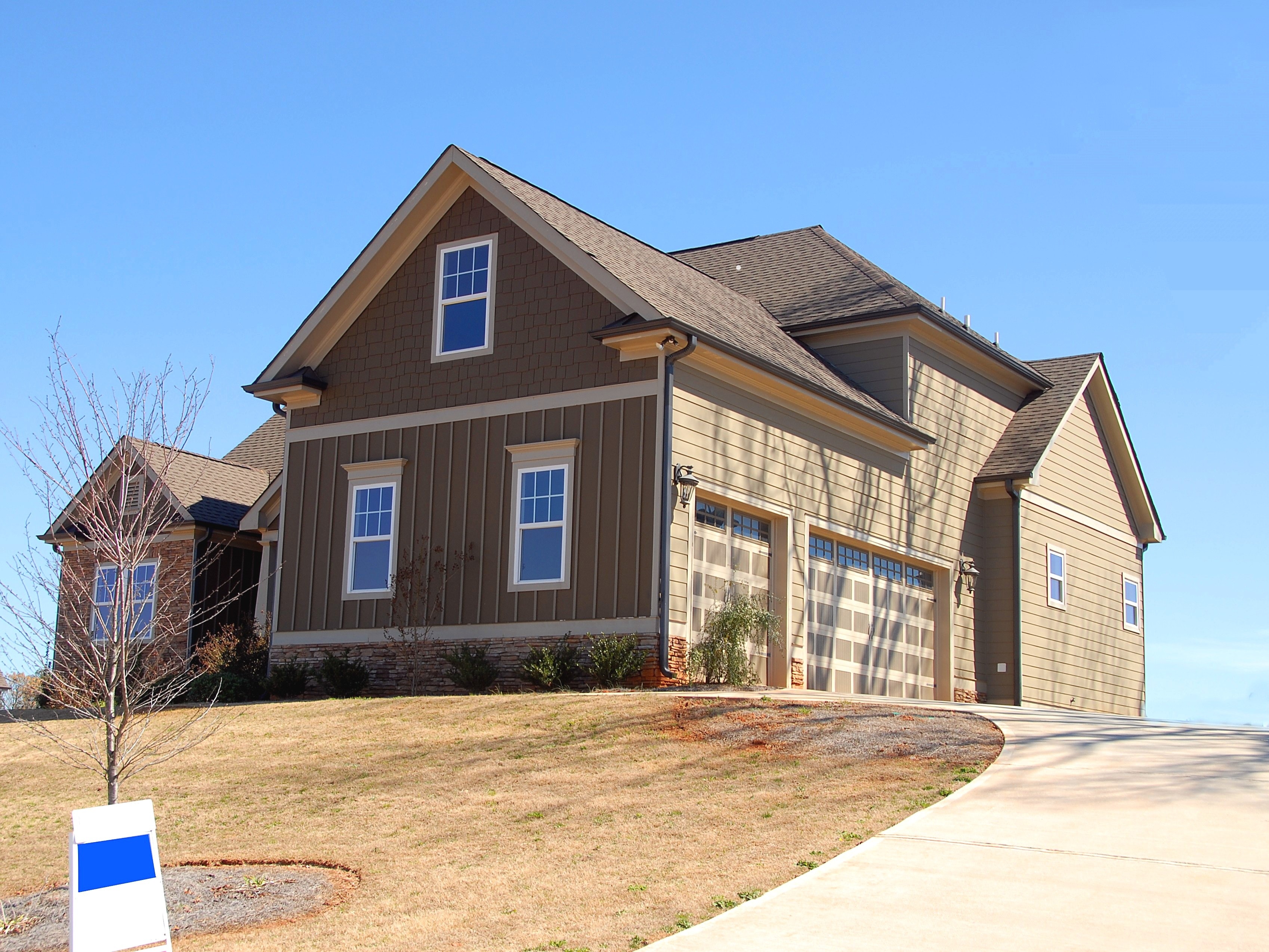 Anyone who has paid attention to the TV recently has likely seen a lot of commercials for something called a reverse mortgage. For those who might not know, a reverse mortgage is exactly that. In this option, people receive monthly payments from a lender in exchange for equity in their homes. In essence, this functions as an annuity.
Anyone who has paid attention to the TV recently has likely seen a lot of commercials for something called a reverse mortgage. For those who might not know, a reverse mortgage is exactly that. In this option, people receive monthly payments from a lender in exchange for equity in their homes. In essence, this functions as an annuity.
One of the major benefits of a reverse mortgage is that it can be used to cover the costs associated with long-term care. Over the next few decades, the number of elderly individuals in the United States is projected to double. For this reason, long-term care is projected to become a major expense.
How Can A Reverse Mortgage Pay For Long-Term Care?
Long-term care is one of the biggest unexpected expenses encountered by the elderly. Often, coinsurance associated with a health insurance policy, combined with the lifetime caps on many policies, can shift significant medical costs to the individual. This leaves many elderly individuals looking for an immediate for some cash. Because many elderly individuals and families are on a fixed income, there are not a lot of options.
This is where a reverse mortgage can come in handy. Many elderly individuals have paid off their houses entirely. This can act as an immediate source of equity, providing seniors with a much-needed cash infusion to cover the costs associated with long-term care.
Improving On Reverse Mortgages And Long-Term Care
With long-term care expected to become a bigger issue as a larger percentage of the US population reaches retirement, suggestions have been offered to address these costs. One of these suggestions has been to marry long-term care and reverse mortgages with improved social services.
Many experts have been suggesting ways to tie the equity in someone’s home to Medicare and Social Security. This could be used to create a nice safety net that might support seniors by covering the costs of long-term care. Given the stress that an unexpected medical expense can create, this can offer a much-needed respite for seniors and caregivers alike.
Taking Advantage Of A Reverse Mortgage
In the meantime, it is important for seniors to note that a reverse mortgage can offer an immediate cash infusion. This can be used to cover an unexpected cost, such as a medical bill. It will be interesting to see how reverse mortgages evolve in the future.
If you are interested in purchasing a new home or listing your current property, be sure to set up an appointment with your trusted real estate professional.
 When someone is looking to purchase a house, they need to think about how long they want their mortgage to last. While a bank can structure a mortgage to last for any number of years, the most common lengths are 15 and 30 years. While a 30-year mortgage is typically more affordable, a 15-year mortgage is cheaper overall.
When someone is looking to purchase a house, they need to think about how long they want their mortgage to last. While a bank can structure a mortgage to last for any number of years, the most common lengths are 15 and 30 years. While a 30-year mortgage is typically more affordable, a 15-year mortgage is cheaper overall.  A mortgage is a significant responsibility. For this reason, many people have someone co-sign with them on their mortgage. Before agreeing to co-sign on any mortgage, it is important to ask the right questions. There are several crucial questions that everyone should ask before they co-sign on someone else’s mortgage.
A mortgage is a significant responsibility. For this reason, many people have someone co-sign with them on their mortgage. Before agreeing to co-sign on any mortgage, it is important to ask the right questions. There are several crucial questions that everyone should ask before they co-sign on someone else’s mortgage. For many, owning property is seen as a rite of passage. At the same time, for most people, accomplishing this dream is largely dependent on the approval of a mortgage. For this reason, it is important for people to think carefully when deciding who to ask for a mortgage. Some cities have a higher mortgage approval rate than others.
For many, owning property is seen as a rite of passage. At the same time, for most people, accomplishing this dream is largely dependent on the approval of a mortgage. For this reason, it is important for people to think carefully when deciding who to ask for a mortgage. Some cities have a higher mortgage approval rate than others. One of the most common worries that people have is money. When it comes to those golden retirement years, many people worry about running out of money. At the same time, most people who reach their retirement years have a lot of equity in their home.
One of the most common worries that people have is money. When it comes to those golden retirement years, many people worry about running out of money. At the same time, most people who reach their retirement years have a lot of equity in their home. When someone is interested in buying a home, there are a number of factors that people need to consider. Some of these include the budget, the size of the home, and the mortgage interest rates.
When someone is interested in buying a home, there are a number of factors that people need to consider. Some of these include the budget, the size of the home, and the mortgage interest rates.